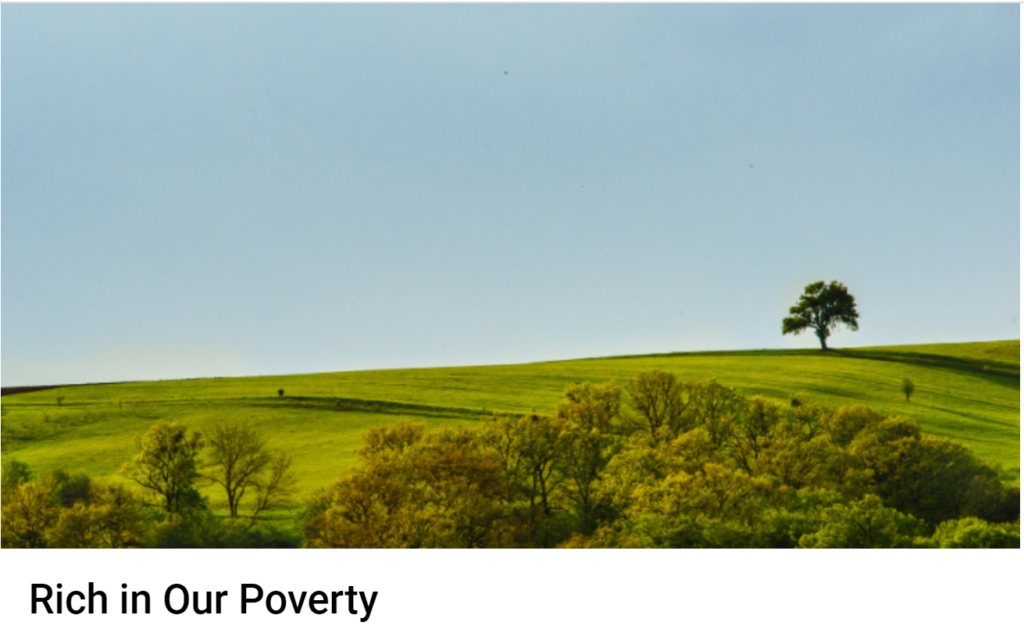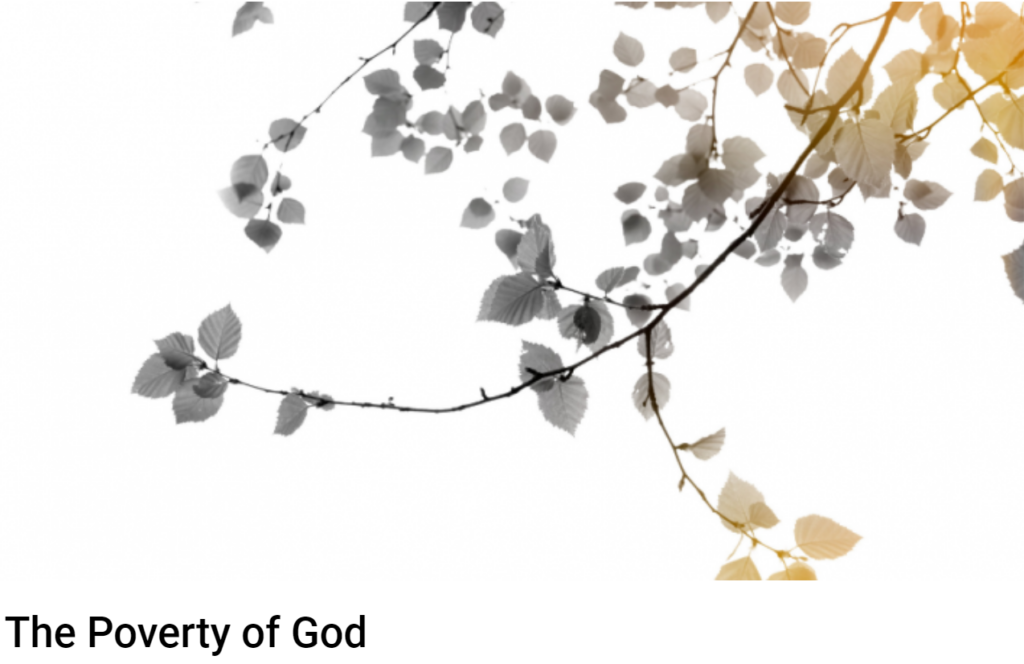
Poverty reminds us of the deepest truth of our human existence; that we are created by God and are dependent on God in an absolute sense. It is the sister of humility since it prompts us to recognize that all we have is gift. Humility is the acceptance of being what we are, with our strengths and weaknesses, and responding in love to the gift of being. Humility can open one to the renewing spirit of grace and make possible the return of creation to the Father.
— from the book Clare of Assisi: A Heart Full of Love by Ilia Delio, OSF
//Franciscan Media//









